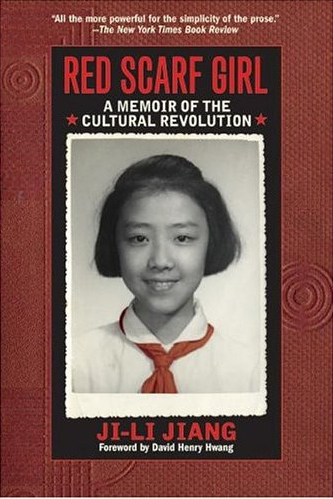We had a big week for Global Education. The AP Human Geography class took a field trip around Milwaukee to view the religious landscape of southeast Wisconsin. Along the trip we stopped at St. Josaphat Basilica to learn a little bit about the Catholic faith, Polish immigrant history in Wisconsin and how the building was a repurposed post office from Chicago that was purchased, torn apart and then built in Milwaukee as the Basilica.
Our second stop was at the Congregation Shalom Synagogue in Fox Point. The synagogue is a Reform Jewish Synagogue which was very interesting. The building was beautiful, the artifacts were fascinating, and Rabbi Noah gave a great presentation on 3,000 years of history in about 20 minutes. The students also loved this history of one of the Torah Scrolls they were shown which survived the Holocaust in Poland when it was hidden by a member of the Jewish community. After the member was liberated from Auschwitz Death Camp by allied soldiers he found the Torah Scrolls and eventually they made their way to this Synagogue in Fox Point.
We had a quick lunch at Cafe India Bar and Grill where many students had their first taste of Indian Food. It was a hit with many positive comments and many students going up for a second or third plate of food.
After lunch we visited the Masjid Al Noor Mosque in Brookfield. The Mosque member and community volunteer who spoke with us did an excellent job. Many of the students were able to push through the threat of a food coma after lunch and were very engaged as she spoke. She related well with the students and was able to answer a wide range of questions about the Islamic Faith. Before departure students were able to stop in to the Mosque worship space for a closer look and a few pictures.
Finally we stopped at the Haksa Buddhist Temple outside of Waukesha. The Buddhist Temple is of the Theravada Buddhist tradition which is common in south east Asia in countries like Thailand and Laos. Once again our presenter was able to relate a lot of the Buddhist concepts and beliefs to the students in a way that was easier for them to understand, and his humor was able to keep the kids attention during our visit.











